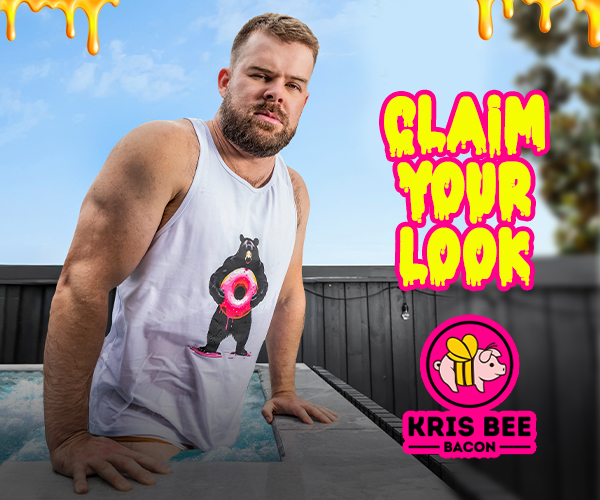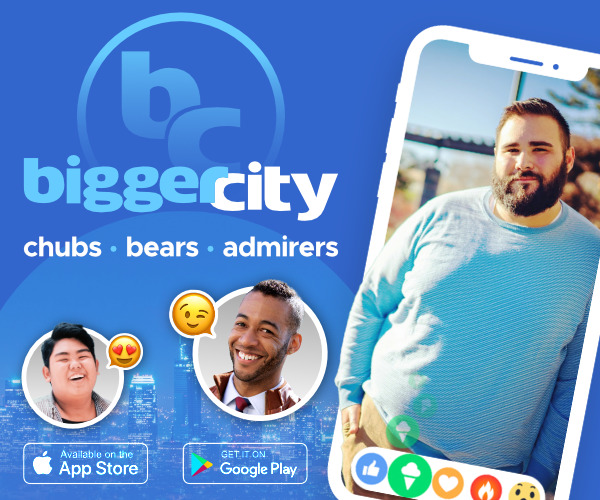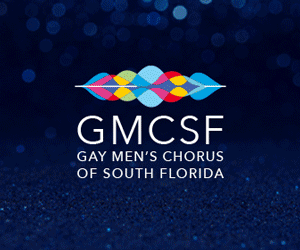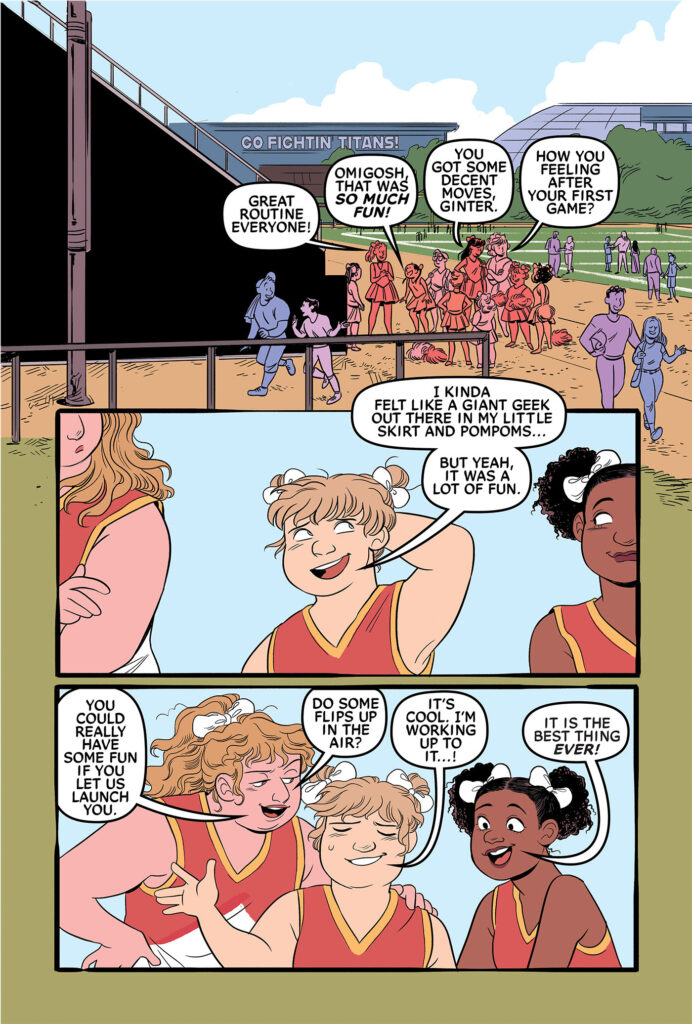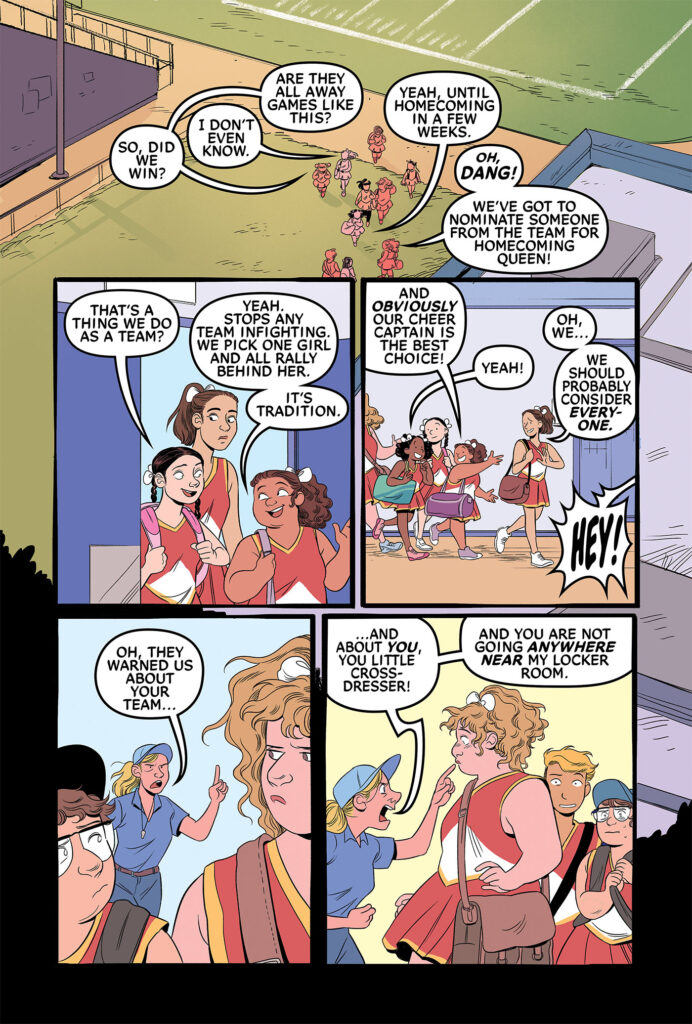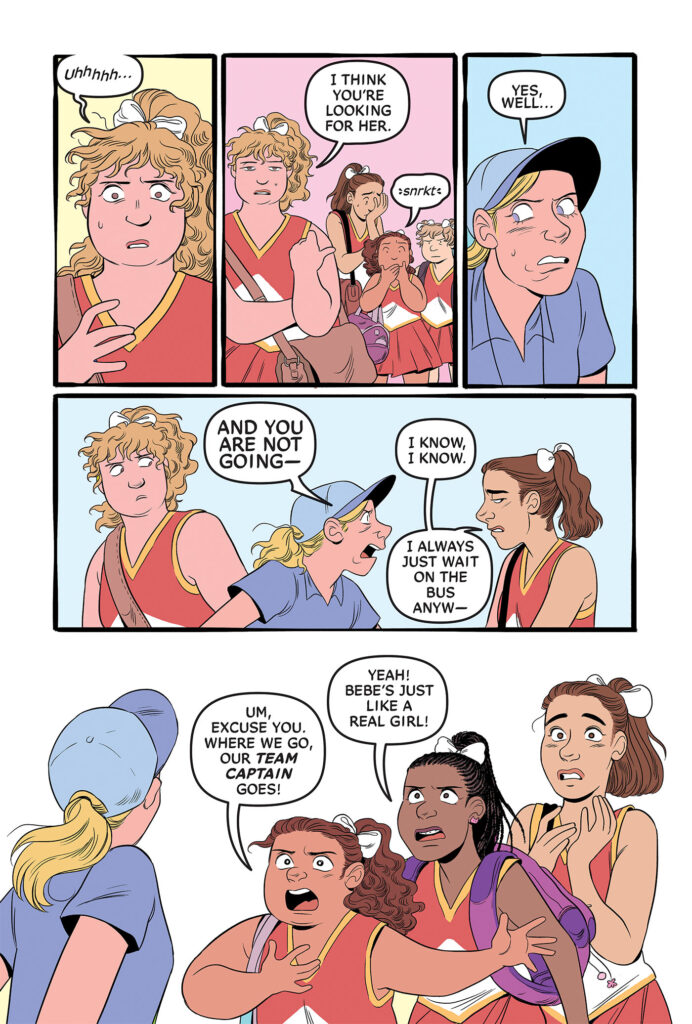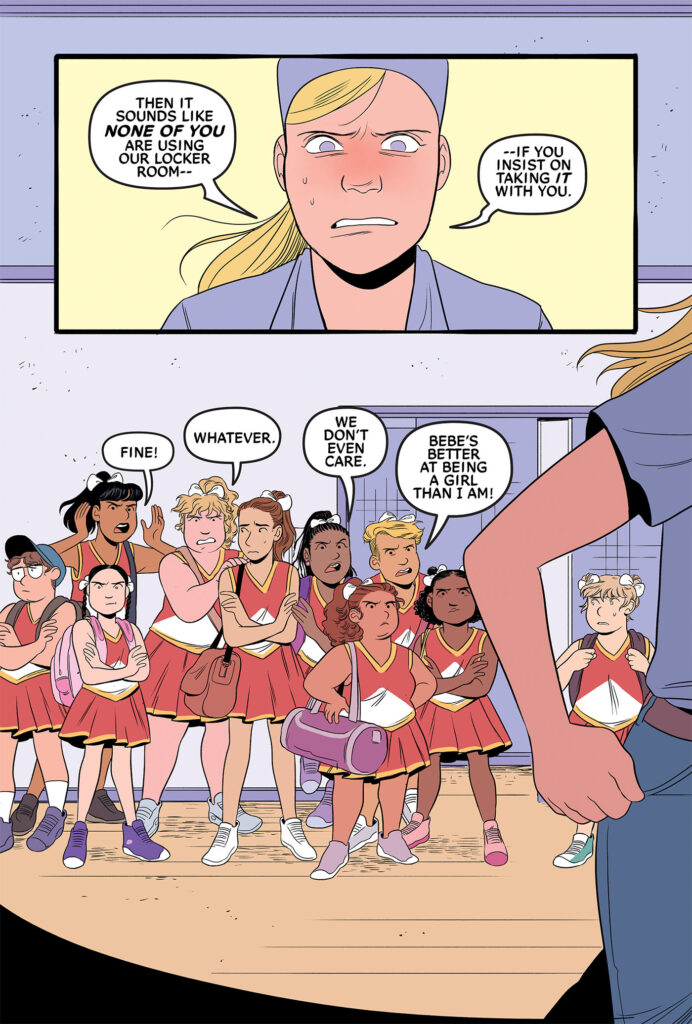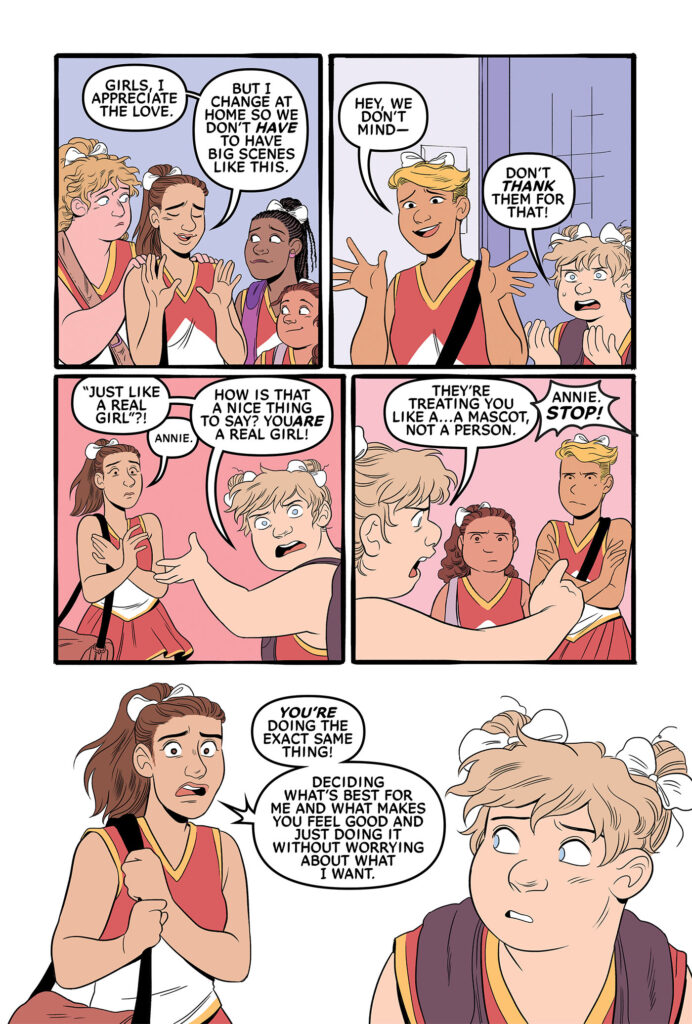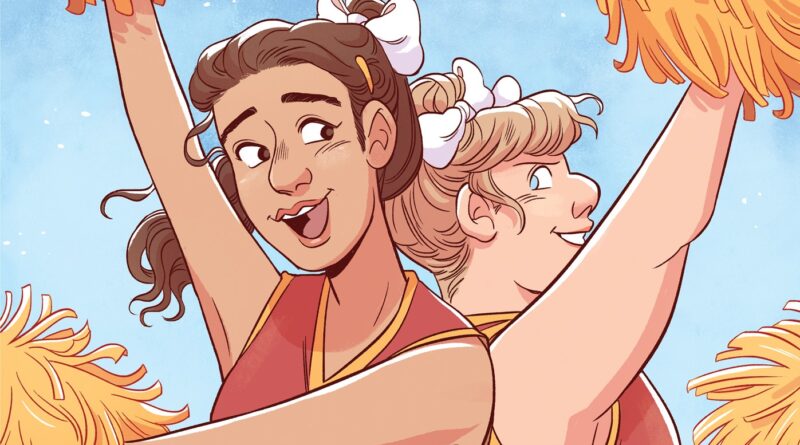
Comics Corner – Cheer Up! rallies a wholesome teenage trans romance
High school is tough. High school is tougher when you’re the only out trans girl in school. High school is even tougher when you’re trans and trying to be perfect on every academic, social, and extra-curricular front because you think it’s the only way anyone will accept you – which is the Sisyphean task Beatrice ‘Bebe’ Diaz has set for herself.
High school is also pretty tough if you’re Annie Ginter, a brilliant student and confident young lesbian, who feels trapped by the petty tribalism and meaningless rituals of school life. Fancying herself a counter-culture rebel, her total lack of extra-curriculars, or even any friends to speak of, is now risking her chances of getting into university.
The two girls might seem worlds apart, but they once shared a close friendship. Now, they’re about to reconnect through the unlikeliest of activities – cheerleading, in the upcoming Cheer Up! Love and Pom Poms, a beautiful coming of age story by writer Crystal Frasier and artists Val Wise and Oscar Jupiter, set for release on 11 August.
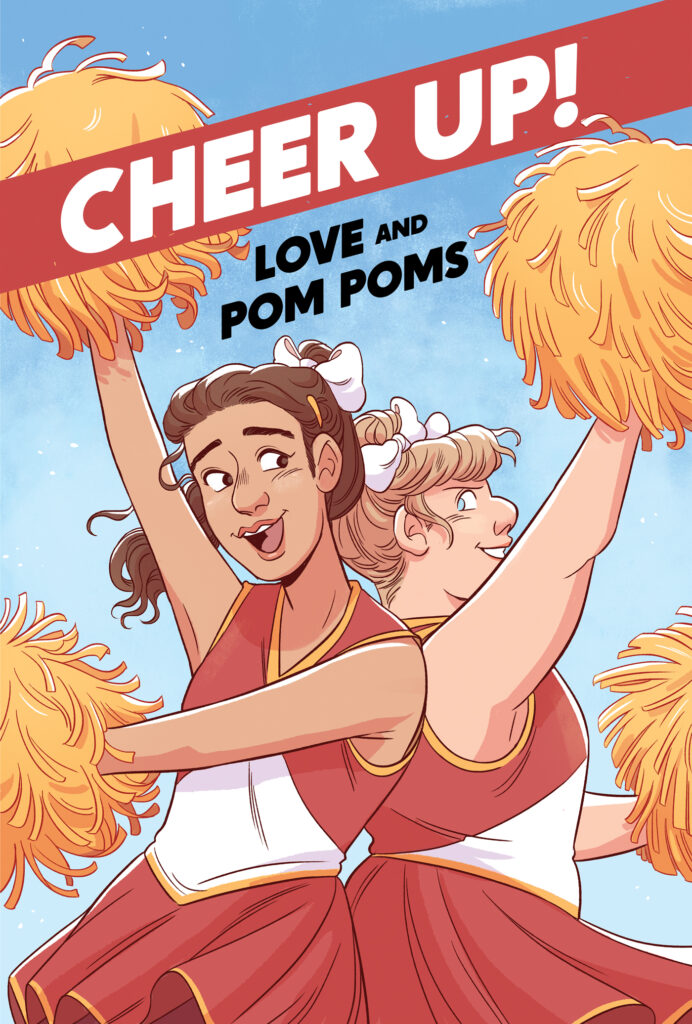
While for Bebe, the cheerleading squad has proven an unexpected source of support since she began transitioning a year earlier, Annie is far more reluctant to get involved. It’s only when her mother surprisingly reveals she used to be on the squad, challenging Annie’s preconceptions on what cheerleaders are like, that she agrees to try out. As the girls rekindle their friendship through seemingly endless training sessions, they’re both forced to re-evaluate how they view the world and their places in it – and as they do, something deeper blossoms between them.
Cheer Up! is effectively the antithesis of the ‘mean cheerleader’ trope. Forget the savage rivalries of Bring It On, or the warring school cliques of Mean Girls – this is, for the most part, a wonderfully uplifting tale of a group of young women supporting and elevating each other.
Instead, and rather brilliantly, Frasier and Wise use Cheer Up! to explore what we’ll call ‘toxic diversity’ – how everyone is so welcoming, so friendly, so gosh-darn supportive of Bebe’s transition that they inadvertently dehumanise her in the process. The rest of the cheerleaders think they’re being progressive in voting to make Bebe team captain, but then talk about how doing so will make for a great college entrance essay, or how it might bring more media attention to the squad. They don’t notice their microaggressions, such as saying Bebe’s “breaking out her man voice” when she makes a case for Annie joining the group, or try to defend her by saying she’s “just like a real girl”, not realising that the statement invalidates her existence. They treat Bebe as integral to the squad, but don’t invite her to hang out away from the sport.

Even at home, Bebe’s parents are supportive, but conditionally so – as Bebe puts it, they see her transition as a luxury, only allowing her to start puberty blockers so long as she keeps her grades up. Both her mother and father clearly deeply love their daughter, but it manifests as a deranged overprotectiveness, not even allowing Bebe to grab an impromptu coffee with Annie.
The tragedy at the heart of Cheer Up! is that Bebe has internalised all this. She’s shy, retiring, doesn’t like to cause a scene or stand out, even to defend herself from the unwanted advances of Jonah Marshall, a boy who keeps hitting on her but clearly only views her as a trophy. Her perfectionism is borne of desperation – to fit in, to be accepted, to not be forced back into dressing like a boy by her parents. There’s a hearthbreaking panel early on where, psyching herself up before another gruelling day of school and training, she says “Okay, big smile. Everyone likes you when you’re happy.”
While Bebe’s journey is towards greater confidence and self-determination, Annie’s is towards greater openness. It’s not as integral to the plot of Cheer Up! as Bebe’s – arguably because it’s a journey readers will have already encountered in other stories and media – but it’s no less heartfelt. Seeing her open up, challenge her notions, and recognise her own bad behaviour that lead to her ostracisation feels strangely rewarding.
Through it all, Cheer Up! is full of small moments of joy, both narrative and visual. Each step towards Bebe and Annie falling for each other is achingly sweet – a brushed hand here, a hanging comment there, an awkward kiss and a more awkward discussion the next day, but all rooted in warmth and love. Their every interaction sparks with giddy young love. Even non-romantic interactions are adorable, such as another squad member gaining the confidence to come out as non-binary from seeing Bebe living her truth, helping an unexpecting Bebe see what an inspiration she can be. On the art front, Wise’s pages delight with an almost animated layouts and brilliantly diverse character designs, in both ethnicity and body types. Annie in particular stands out as a rare example of a shorter, fuller figured character able to do everything from backflips to aerial routines. It’s something we need to see more of.
However, while the human experience of the characters proves universal, Cheer Up! being so deeply rooted in American high school culture does mean some references won’t necessarily travel or translate for international readers. The basic scenario of a cheerleader squad is understandable from an infinitude of US movies and TV shows, but there are some specific references and comments – what’s a “color guard”? Why do students have to buy tickets for their homecoming? – that may baffle.
There are also a few oversights, the most frustrating being that the story never establishes why Annie and Bebe drifted apart to begin with. It somewhat undermines their reconcilliation when readers don’t know why they weren’t talking to begin with. The only hint is an early scene where Annie loses her temper at Bebe because she “got popular”, which seems altogether too thin a reason. Then again, such a fickle, meaningless rupture might perfectly track with the high school experience.
Elsewhere, several of the cheerleader squad never get named on-panel. For the most part, it’s not a problem as Wise makes most of them visually distinct. The exception is one girl who can best be described as “giant Annie” – when both she and Annie are on panel it’s clear who’s who as Annie is much shorter, but she’s never referred to by name, and without comparison they both have very similar hair and features, making a few pages slightly confusing to follow.
There are places where Cheer Up! feels almost too perfect. Bar one incident involving the hostile coach of a rival team, there’s no major thread of overt transphobia or homophobia through the book, and there are no major hurdles or drawn out melodrama as Annie and Bebe become romantically closer – although there are still mistakes and misunderstandings for them to overcome. It’s perhaps too much of a high school fairy tale – but trans kids deserve fairy tales to call their own, and one as sweet and wholesome as this is a great start.
Cheer Up! Love and Pom Poms is published 11 August by Oni Press

